8 DIY Ways To Treat Damaged Skin In Winters
By: Saloni Jasoria Tue, 17 Dec 2024 12:38:42
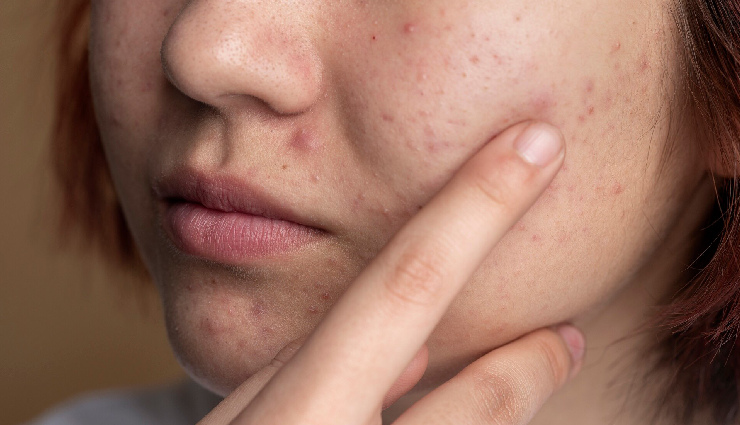
Damaged skin during the winter months is a common concern due to the cold, dry air and indoor heating, which can strip the skin of its natural moisture. As the temperature drops, the skin loses its ability to retain water, leading to dryness, irritation, and sometimes even cracks. This condition is known as winter skin or winter dryness, and it can affect people of all ages and skin types.
The low humidity and freezing winds during winter can weaken the skin's protective barrier, making it more vulnerable to environmental factors. Additionally, prolonged exposure to hot showers, harsh soaps, and lack of proper hydration can exacerbate the problem, leading to a range of skin issues like redness, flakiness, itching, and tightness.
For those with pre-existing skin conditions like eczema or psoriasis, winter weather can trigger flare-ups or make symptoms worse. The skin may also become more prone to sensitivity, making it more difficult to tolerate certain skincare products.
To counteract damaged skin in winter, it’s essential to adopt a skincare routine that focuses on hydration, protection, and repair. Using gentle, moisturizing products, avoiding long hot showers, and maintaining proper indoor humidity levels can help keep skin soft, smooth, and healthy throughout the colder months.
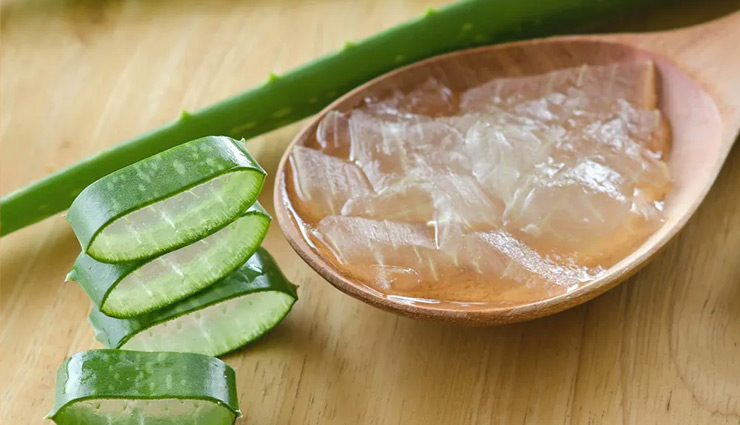
# Aloe Vera Gel: Aloe vera is known for its soothing and healing properties. Apply fresh aloe vera gel to the damaged skin and leave it on for 15–20 minutes before rinsing off. It helps promote skin regeneration and reduces irritation.
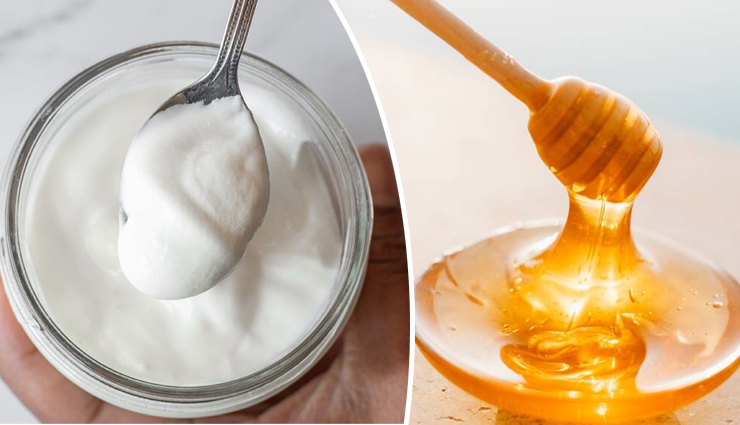
# Honey and Yogurt Mask: Honey has antibacterial properties, and yogurt is rich in probiotics and lactic acid, which help to hydrate and exfoliate the skin. Mix equal parts of honey and yogurt and apply the mixture to the damaged area. Leave it on for 20 minutes before rinsing.
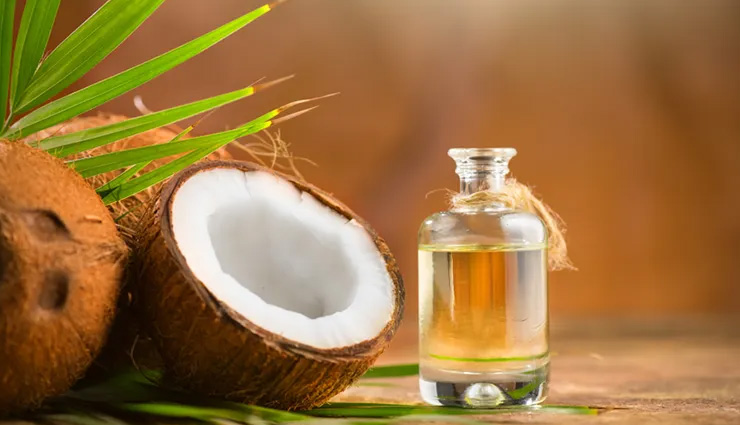
# Coconut Oil: Coconut oil is rich in fatty acids and antioxidants, which can help to repair damaged skin and lock in moisture. Gently massage warm coconut oil onto the affected area and leave it on overnight for deep nourishment.
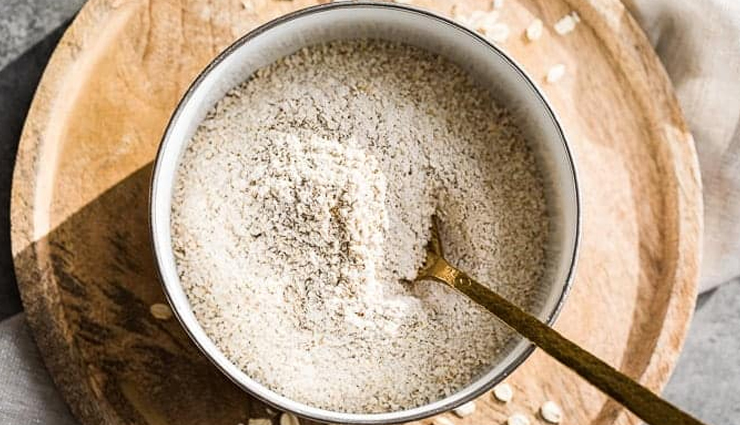
# Oatmeal Paste: Oatmeal has soothing and anti-inflammatory properties. Mix oatmeal with water to form a thick paste, and apply it to the skin. Leave it for 15–20 minutes before rinsing. This helps calm irritation and provides moisture.
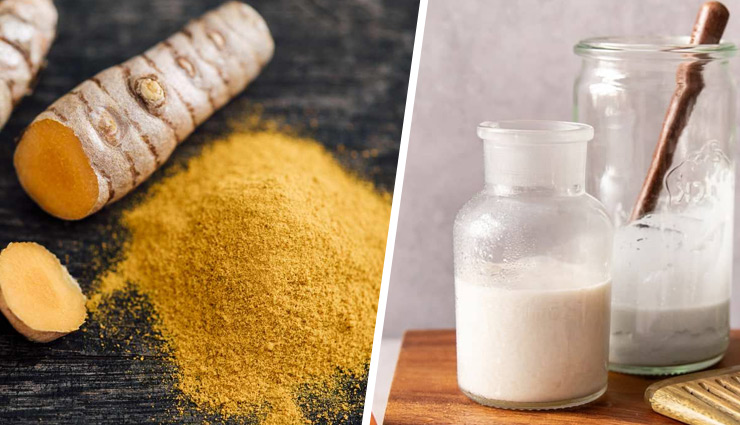
# Turmeric and Milk Paste: Turmeric has anti-inflammatory and healing properties. Mix a small amount of turmeric powder with milk to form a paste, and apply it to the damaged skin. Leave it on for 15 minutes and rinse off with lukewarm water.
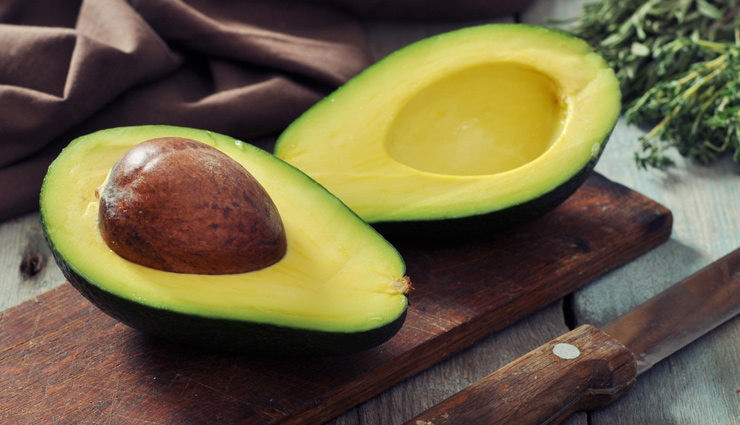
# Avocado Mask: Avocados are rich in healthy fats and vitamins that help repair and nourish the skin. Mash half an avocado and apply it as a mask on the damaged skin. Leave it on for 15–20 minutes before washing it off.
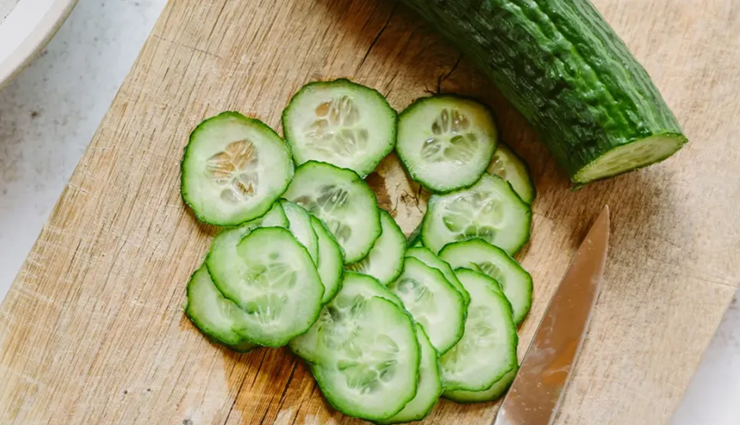
# Cucumber Slices: Cucumber has cooling and hydrating properties. Place chilled cucumber slices on the damaged skin for 10–15 minutes to help reduce redness and provide relief to irritated skin.
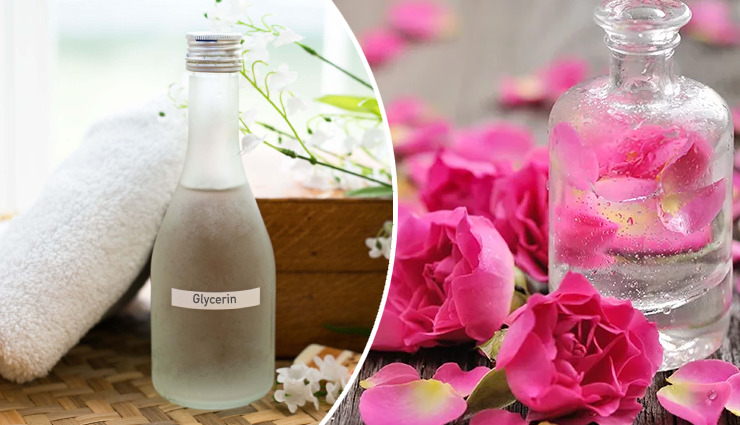
# Rosewater and Glycerin: Mix rosewater and glycerin in equal parts and apply it to the skin. This helps hydrate, soothe, and repair the skin while maintaining moisture balance.
These remedies can help improve the appearance and texture of damaged skin, but if the damage is severe, it’s important to consult with a dermatologist for professional advice.
Related Stories:
# 7 DIY Ways to Treat Dry Skin in Winters
# 5 DIY Shaving Cream You Can Make at Home
# 9 Secrets from Sonam Kapoor To Maintain Long Hair





